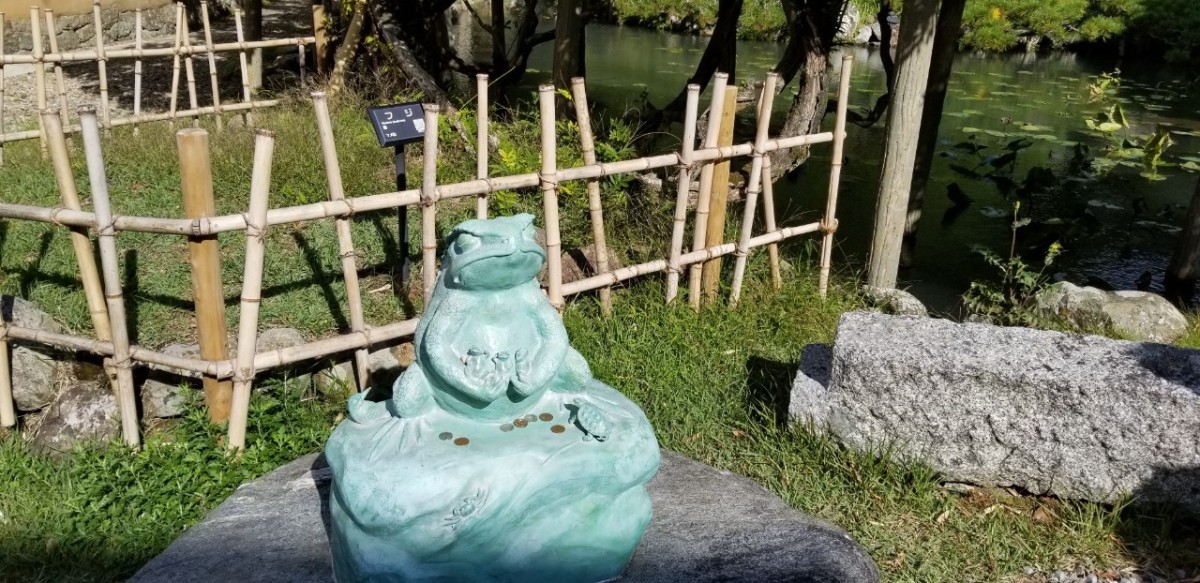In the tapestry of Japan’s history lies a period referred to as the “mysterious 4th century.” This era, spanning the late 3rd to the 4th century, approximately 1700 years ago, is characterized by a scarcity of historical records, shrouded in mystery. Yet, it is this very lack of information that stirs our imagination and fosters a deep empathy towards ancient Japan.
Empathy with Political Diversity
Archaeological findings and Chinese historical texts suggest that during this time, the Japanese archipelago was home to various regional powers. Each of these entities had its unique political system and embraced different cultures and technologies. This political diversity offers a parallel to our contemporary society, where diverse cultures and ideologies coexist. The varied regional powers of yesteryears can be seen as a precursor to modern Japan’s multifaceted society.
Empathy with Social Diversity
With the advancement of agricultural society, differences in the scale and structure of settlements emerged. The beginning of the Kofun period, marked by the appearance of large tomb systems, indicates changes in the societal hierarchy and power structures. These burial mounds varied significantly in shape and size across regions, reflecting the cultural and societal distinctions of each area. Today, we can relate to our roots and the uniqueness of our local communities, deepening our understanding of each other’s backgrounds.
Empathy with Cultural Diversity
During this era, the Japanese archipelago was influenced by external cultures. The influx of new technologies and cultural practices from China and the Korean Peninsula is evident in the artifacts discovered, such as pottery, metalwork, and ornaments. The widespread use of iron tools revolutionized agriculture and warfare, significantly impacting societal development. In contemporary times, we continue to enrich our lives through the adoption of foreign cultures and technologies. This cultural diversity fosters an environment where we can embrace new perspectives and ideas, enhancing our own culture in the process.
Empathy with the Past, Steps Towards the Future
The mysterious 4th century reveals the diverse history and culture of Japan, from past to present, and into the future. Like us, the people of this era interacted with a variety of cultures, adopting and adapting them to enrich their own. This historical journey not only deepens our empathy for the past but also inspires us to consider the possibilities of the future. By embracing diversity, we can continue to grow together, building a richer culture.
Reflecting on this enigmatic era allows us to reconnect with our roots and appreciate the importance of accepting different cultures and values. Though the mysterious 4th century is a tale from the distant past, it resonates closely with us, filled with empathy and discoveries.
タグ: empathy
Separate empathy and understanding
After becoming a disabled person, I began to think hard about empathy and understanding.
In the welfare industry, empathy is often considered an important point.
How much can you sympathize with the user? I think this is because welfare workers, their families, colleagues and bosses who have accepted the employment of people with disabilities think about it.
However, as I myself became a party, I felt that it was impossible for healthy people to sympathize with people with disabilities.
I had been interested in welfare since I was a healthy person, so I graduated from welfare university and practiced, but looking back on my thoughts and experiences at that time, I felt again that even welfare university students could not sympathize at all.
So, as I understood, I thought it was to separate empathy and understanding.
I thought that I could understand it even if I couldn’t sympathize with it.
You can understand by increasing your knowledge and knowing what you cannot do.
I think that knowing is the first step and the only solution to remove social barriers.
That is why I think it is good to think that society will focus on the aspect of understanding by separating empathy and understanding.

